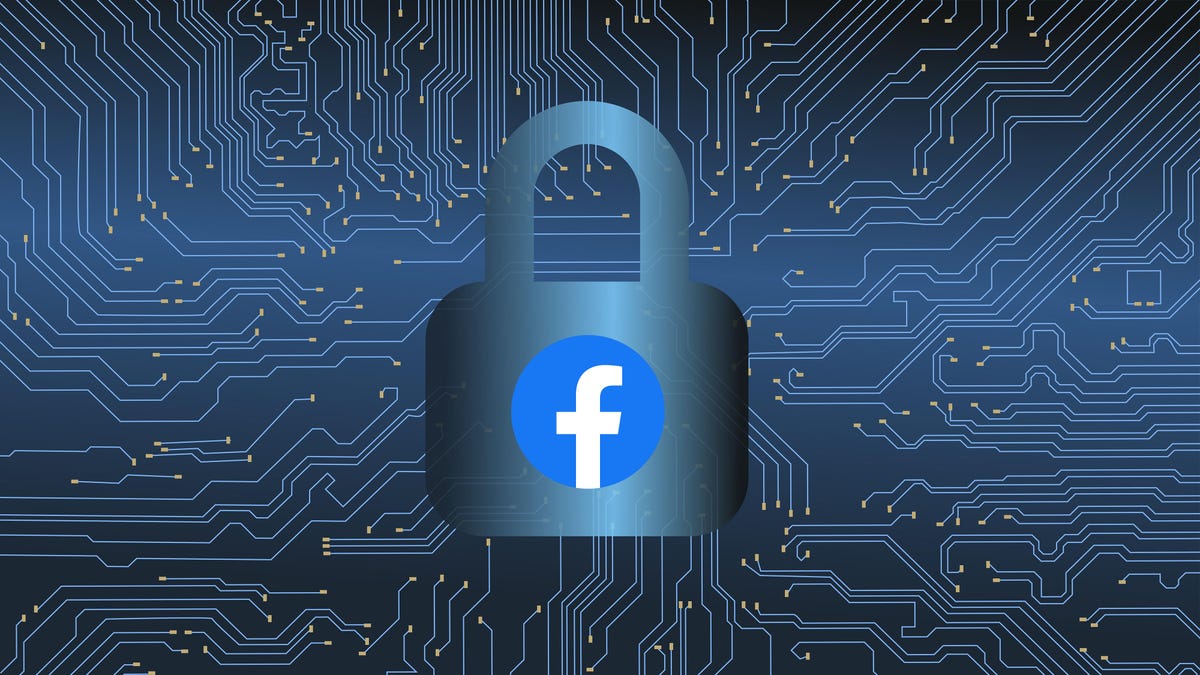Facebook and Twitter pull down more fake accounts from Iran
The people behind the fake Facebook accounts tried to contact journalists, policy makers and other users.

The social network says it took down 51 Facebook accounts, 36 pages and seven groups tied to Iran.
Facebook and Twitter are cracking down on more fake accounts from Iran.
Some of the people behind these fake accounts impersonated US Republican congressional candidates on Twitter and used Facebook to contact journalists and policy makers, illustrating how social networks can be abused to mislead others and spread misinformation.
On Tuesday, Facebook said it took down 51 accounts, 36 pages and seven groups tied to Iran. Facebook, which owns Instagram , also removed three accounts on the photo sharing app. Twitter said that in early May it pulled down more than 2,800 fake accounts tied to Iran. The company shared its remarks after US cybersecurity firm FireEye released a report that showed how some Twitter accounts were used to pose as those belonging to US political candidates and push pro-Iranian political messages.
FireEye said in the report that the network of social media accounts that posted in English shared messages that were "anti-Saudi, anti-Israeli, and pro-Palestinian." Two of the Twitter accounts impersonated Republican congressional candidates, including Marla Livengood who lost a US midterm election in 2018 to represent California's 9th Congressional District. Most of these fake accounts appeared to have been suspended in May.
A Twitter spokeswoman criticized FireEye for not sharing its findings with the company before the report was published. "Our investigations into these accounts are ongoing," she said. "As we continue to investigate potential wider networks and actors, we typically avoid making any declarative public statements until we can be sure that we have reached the end of our analyses."
FireEye didn't immediately respond to a request for comment. Scott Winn, a consultant who helped run Livengood's campaign for Congress, said in a statement that she's "shocked that Twitter was either unwilling, disinterested or too inept to protect users from obvious false information."
Nathaniel Gleicher, Facebook's head of cybersecurity policy, said the company pulled down the Iranian-linked accounts for "coordinated inauthentic behavior," which means the people behind the accounts deceived users about their identity and what they were doing.
The Iranian accounts impersonated news outlets in the Middle East and tried to make it appear as if they were located in the US or Europe. Facebook users -- including journalists, policy makers, academics and Iranian dissidents -- were contacted by some of these accounts. Gleicher said a "small number" of people will be notified through various ways that they were contacted by one of these accounts. He didn't say how many users Facebook will be notifying.
Unlike other Iranian-linked accounts Facebook has spotted in the past, this operation didn't appear to focus on creating "large public splashes" on websites or social media platforms, Gleicher said during a conference call.
"Part of the focus of this operation seems to have been direct outreach to individuals while using these personas that they adopted," he said.
Facebook removed this account that appeared to originate in Iran.
The accounts, which shared posts in English and Arabic, posted about topics "like public figures and politics in the US and UK, US secessionist movements, Islam, Arab minorities in Iran and the influence of Saudi Arabia in the Middle East." Some of the pages that Facebook removed include Discover new persia, Republicanism for Great Britain and the Ahwaz Saudi Channel.
A Facebook page is similar to an account on the social network but is used by businesses, organizations and public figures. A Facebook group is an online space where the social network's users can gather to chat about a certain interest.
The Iranian-linked accounts garnered thousands of followers but not as many as some of the social network's previous account takedowns, according to Facebook. About 21,000 accounts followed one or more of these fake pages. Roughly 1,900 accounts joined one or more of the Facebook groups and 2,600 people followed one or more of the three Instagram accounts. Gleicher said the company isn't notifying users who followed one of the accounts or pages because Facebook doesn't want to "overload" users with a lot of notifications and raise concerns that aren't helpful.
Facebook said it started looking into these Iranian-linked accounts after a tip from FireEye, which also released a report in August about a separate Iranian influence campaign. The cybersecurity company has not tied the most recent accounts it uncovered to the ones it identified last year. FireEye said in Tuesday's report that the accounts posted pro-Iranian content in a way that's similar to accounts it's identified in the past.
Facebook and Twitter have announced a series of fake account takedowns tied to Iran since 2018. In January, Facebook and Twitter announced that they took down thousands of pages and accounts that originated in Iran.
Originally published May 28, 12 p.m. PT
Update, 2:22 p.m. PT: Includes statement from Twitter and FireEye report. 3:01 p.m. PT: Includes statement from Livengood.

